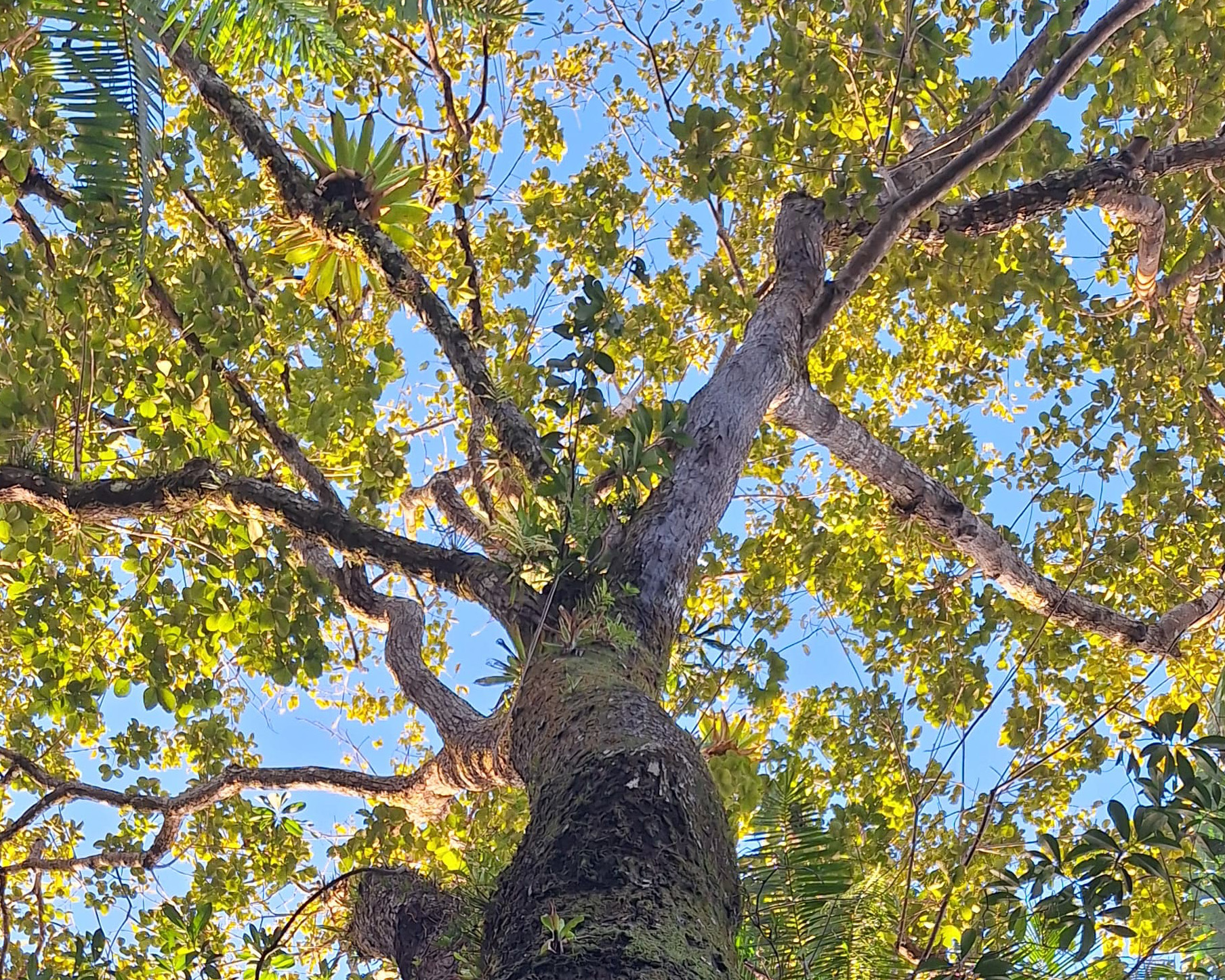To promote forest landscape restoration (FLR), national governments have embarked on far reaching policy reforms to reclassify lands targeted for restoration, designate legitimate forest stewards and define acceptable land use practices, responsibilities and benefits. Policy reforms intended to influence forest management behavior face complex challenges but policy makers can learn from past experience to better design forest restoration initiatives that address forest governance. This paper attempts to distill lessons by examining national reform processes and their local manifestations in diverse socio-political and environmental contexts. Specifically, we compare local dynamics in Nepal, China and Ethiopia to illustrate how distinct policy reform processes intended to promote FLR changed governance institutions and encouraged local participation. These cases demonstrate how policy reforms, particularly those targeting property rights, have influenced local participation in forest restoration efforts, and modified land use behavior to increase forest cover as well as the benefits local households received from forests.
Download:
DOI:
https://doi.org/10.1505/146554817822330506
Altmetric score:
Dimensions Citation Count:
























